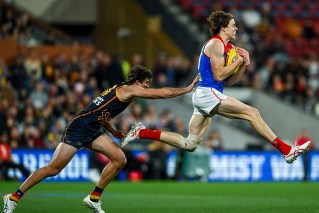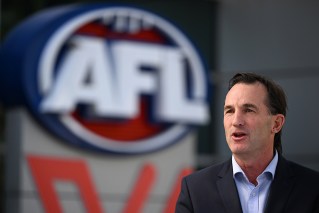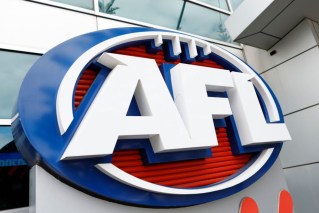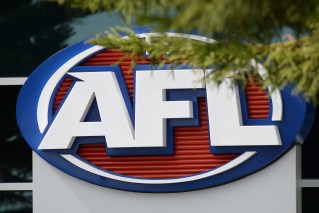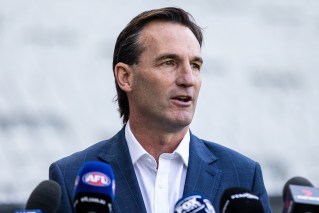Did ASADA overstep the mark with Bombers?
The key question to be answered when the Essendon versus ASADA saga gets its long-awaited day in court is whether the anti-doping body overstepped its powers.
Much of the hundreds of pages of pre-trial documents tendered to the court is dedicated to this question, though from polar opposite positions.
Essendon asserts the legislation that gave ASADA its investigatory powers stopped short of allowing it to compel sportspeople to answer its questions and incriminate themselves.
The club says a clear indication of over-reach by the anti-doping body is that legislation was amended to give ASADA coercive powers in late 2013, months after the players caught up in the doping scandal had been interviewed.
Essendon also points to a documented phone call in early 2013, in which ASADA’s then CEO Aurora Andruska was told the players could be compelled by the AFL to talk or face an AFL-imposed sanction.
“Ms Andruska responded with words to the effect: `we can use the AFL’s powers until we get our own powers`,” according to a document tendered as part of the Essendon case.
“… Put simply, conscious of the limitations on its powers imposed by Parliament, ASADA deliberately sought to, and did, side-step those limitations by `teaming up` with the AFL, which did have the power to compel co-operation by those under investigation without the shield of privilege against self-incrimination.”
Essendon’s case is that ASADA used the AFL’s powers to gather evidence it otherwise could not have and this process denied the players proper legal protection.
ASADA’s case is that it was commonplace for anti-doping bodies to work with sporting codes, that it was never prevented by legislation from doing so, and that Essendon had initially welcomed the joint ASADA-AFL investigation.
“It may readily be accepted that the ASADA Act does not authorise ASADA to compel interviewees to provide answers to it,” ASADA also says in a pre-trial document.
“However, that does not equate to, or establish, the proposition that the ASADA Act prohibits ASADA from obtaining access to answers from interviewees on other bases – whether voluntary or, as mostly happened here, as a consequence of the exertion by the AFL of its compulsory powers.”
A question that receives far less attention, at least in the documents released by the court on Friday, is whether the 34 past and current Essendon players were injected with legal supplements or unknown or banned substances.
Essendon has already been fined $2 million, the club was booted out of the 2013 finals and its coach James Hird sat out a year-long ban, as AFL-imposed penalties.
Its bid to avoid further ASADA sanctions, likely player bans, gets underway in the Federal Court in Melbourne on Monday.
AAP

